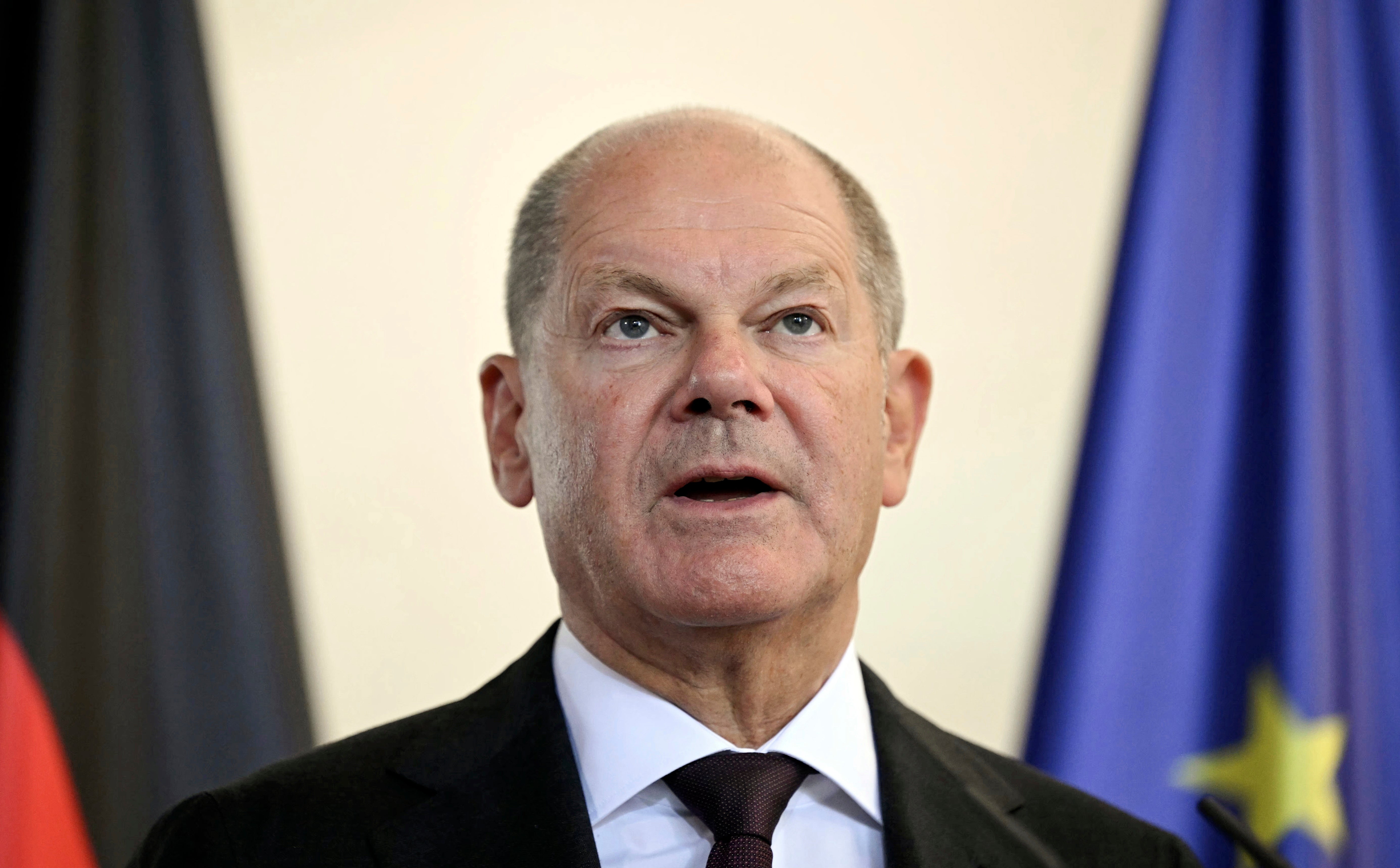Germany deports 28 Afghanistan nationals for first time since Taliban takeover in 2021
A plane carrying the Afghan nationals left Leipzig for Kabul on Friday

Your support helps us to tell the story
From reproductive rights to climate change to Big Tech, The Independent is on the ground when the story is developing. Whether it's investigating the financials of Elon Musk's pro-Trump PAC or producing our latest documentary, 'The A Word', which shines a light on the American women fighting for reproductive rights, we know how important it is to parse out the facts from the messaging.
At such a critical moment in US history, we need reporters on the ground. Your donation allows us to keep sending journalists to speak to both sides of the story.
The Independent is trusted by Americans across the entire political spectrum. And unlike many other quality news outlets, we choose not to lock Americans out of our reporting and analysis with paywalls. We believe quality journalism should be available to everyone, paid for by those who can afford it.
Your support makes all the difference.Germany has deported Afghanistan nationals back to their homeland for the first time since the Taliban seized back power three years ago.
Government spokesperson Steffen Hebestreit described the 28 Afghans as convicted criminals, but did not provide details of any offences. Interior minister Nancy Faeser called the move a security issue for Germany.
“The security interests of Germany clearly outweigh the claim for protection of criminals and individuals endangering national security,” said Mr Hebestreit.
German chancellor Olaf Scholz, speaking near Leipzig on Friday, called it “a clear sign” that his nation will find ways to deal with those who commit crime.
A plane carrying the Afghan nationals left Leipzig on a Qatar Airways plane bound for the Afghanistan capital Kabul on Friday morning, German newspaper Der Spiegel reported.
But Berlin will not take steps towards the normalisation of its relations with the Taliban, a foreign ministry spokesperson said.
“As long as the general conditions are as they are, and the Taliban behave the way they do, there will be no effort to normalise relations with the Taliban,” the spokesperson said. “There are contacts on a technical level, especially through our representative office in Doha," the spokesperson added, referring to months of negotiations over the deportations.

Mr Scholz vowed to deport criminals from Afghanistan and Syria following the stabbing of a German police officer by a 25-year-old Afghan suspect in May. Mr Scholz said: “It outrages me when someone who has found protection here commits the most serious crimes.”
Although in the works for months, the deportations went ahead a week after a deadly knife attack in the town of Solingen in which the suspect is a Syrian citizen who applied for asylum in Germany. The suspect was supposed to be sent back to Bulgaria last year but reportedly disappeared for a time and avoided deportation.
He was held on Sunday on suspicion of murder and membership of a terrorist organisation, pending further investigation and a possible indictment. Isis claimed responsibility for the attack.
Mr Scholz has previously announced measures to remove benefits from refugees who arrive in Germany through other EU countries, leaving them with the bare essentials of “bed, bread, and soap”.
On Wednesday, top German officials met with the country’s opposition and state governments to discuss ways to speed up deportations and curb migration.
“The aim of this joint effort is clear: to further reduce irregular migration to Germany,” Mr Scholz said earlier this week.

There has also been debate over immigration ahead of regional elections, set for Sunday in Germany’s Saxony and Thuringia regions. They are areas where anti-immigration parties such as the far right Alternative for Germany (AfD) are expected to do well.
Julia Duchrow, secretary general of Amnesty International in Germany, blasted the deportations of the Afghan nationals, saying the government bowed to political pressure during an election campaign. She added that Afghanistan is not safe.
On Thursday, Ms Faeser announced a plan to tighten knife laws, according to German news agency dpa. Along with other officials in the governing coalition, she also pledged during a news conference to make deportations easier.
In 2023 more than 350,000 people applied for asylum in Germany. Around 1.2 million Ukrainians have arrived in Germany since Russia’s invasion began in 2022.
Associated Press and Reuters contributed to this report
Join our commenting forum
Join thought-provoking conversations, follow other Independent readers and see their replies
Comments